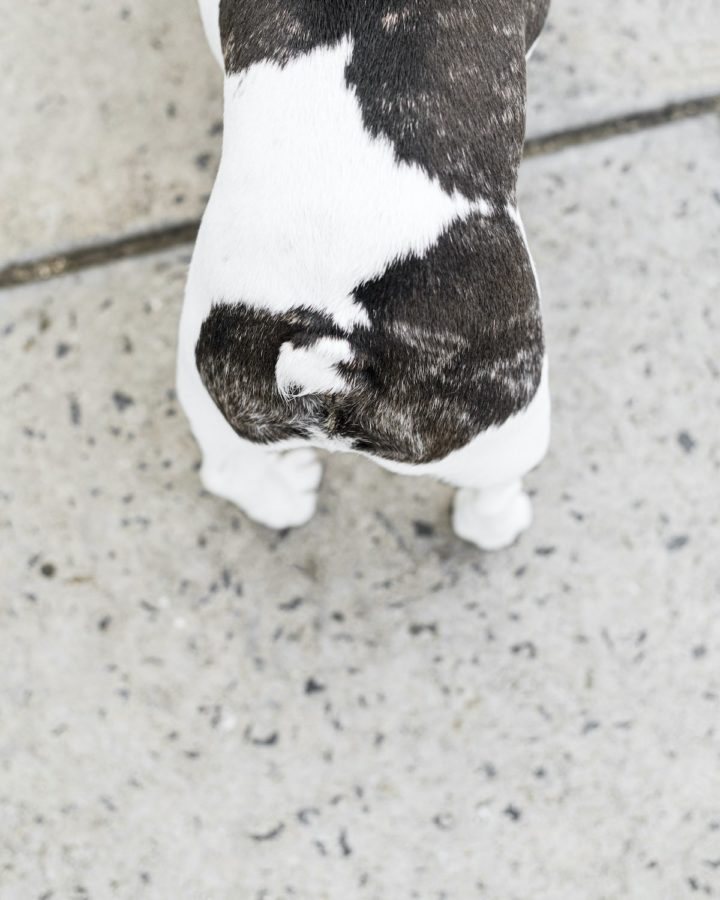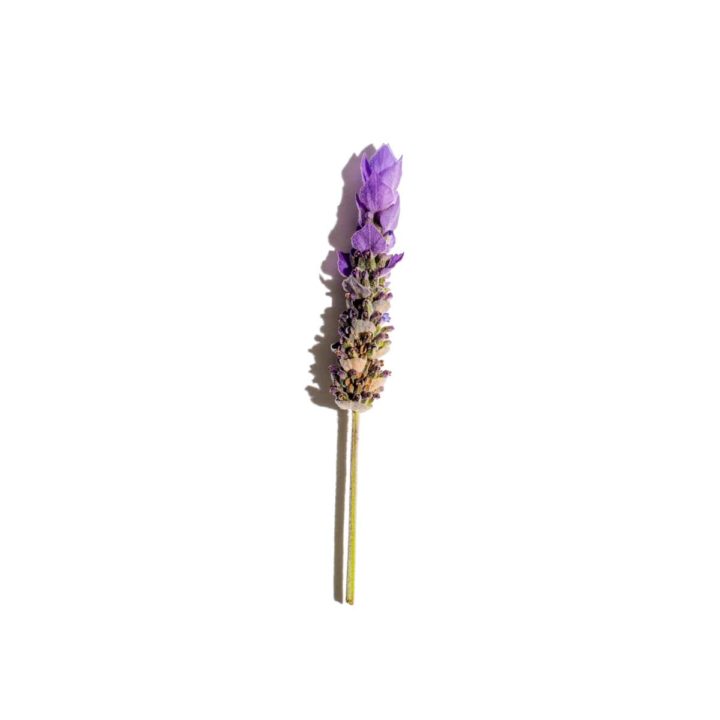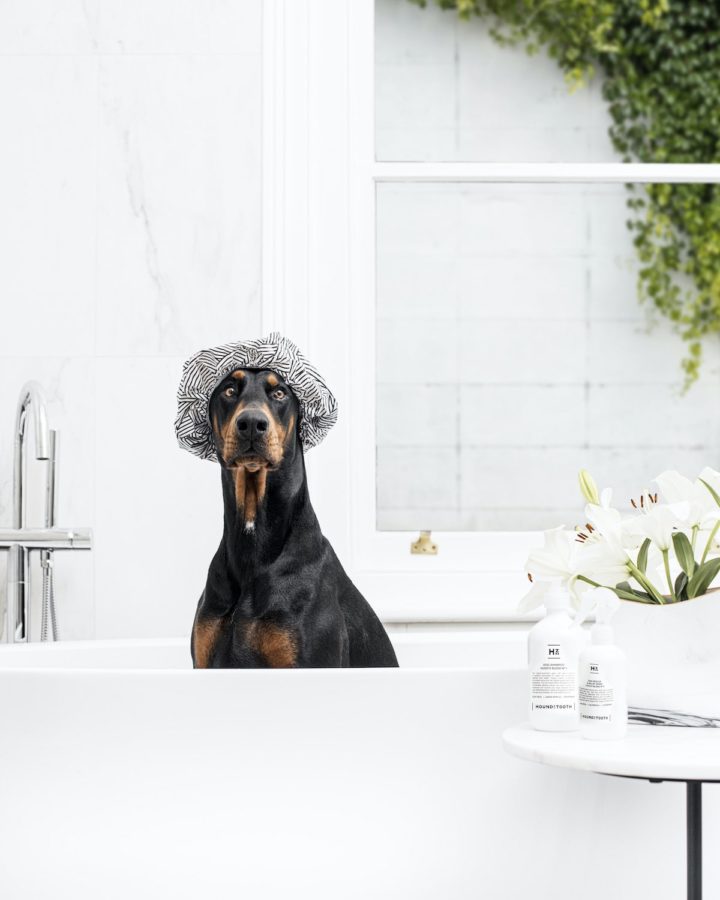Why Does My Dog Eat Poo?
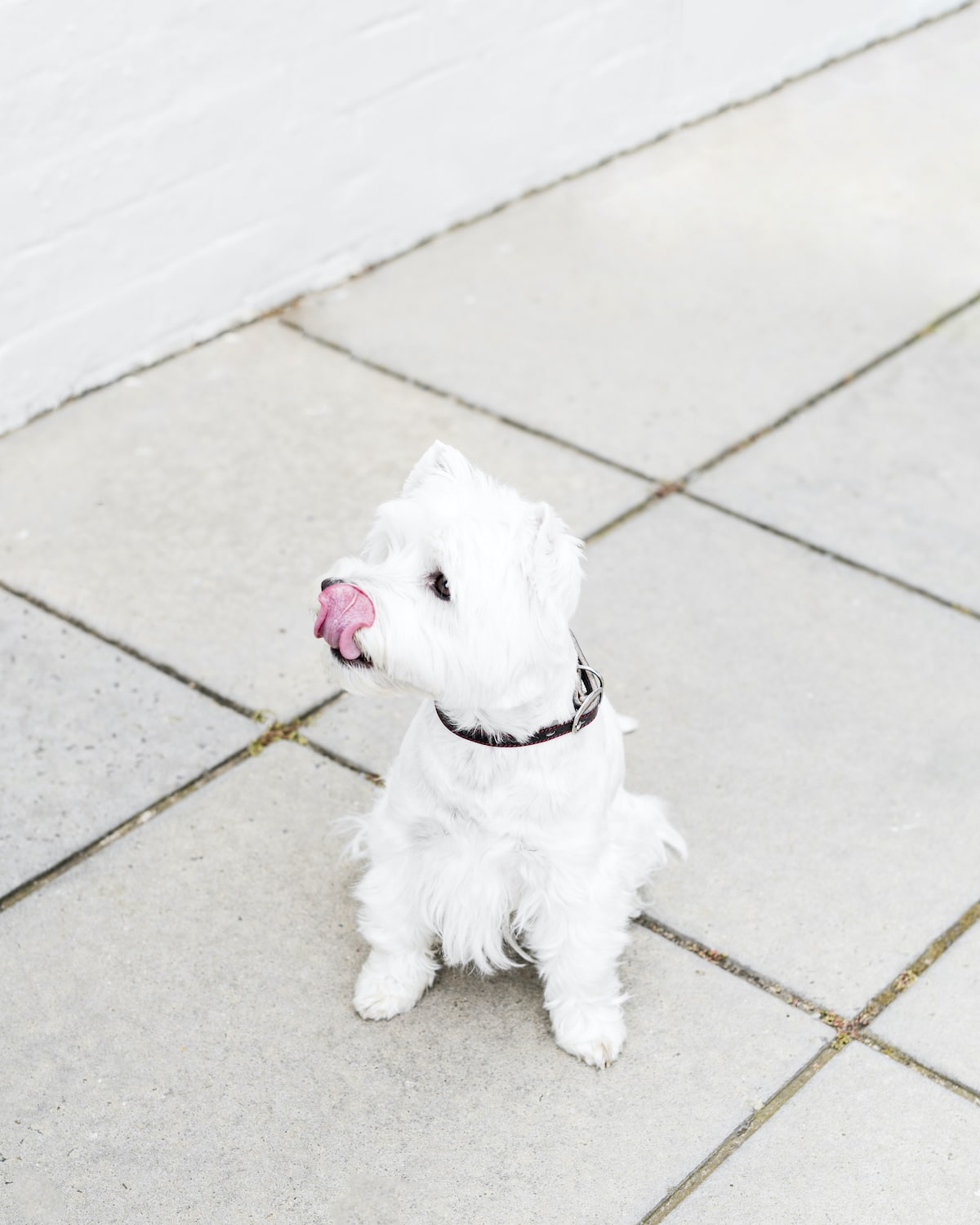
As a dog owner, there is perhaps no scarier moment than when your furry friend wanders up to you with a smile on their face – ready to give you a big, sloppy kiss – but the last thing that they ate came from their bottom. So, why do they do it?
Coprophagia (kop-ruh-fey-jee-uh), as the scientists call it, can happen for a number of reasons.
1/ Lack of nutrients and enzymes, parasites or other underlying condition
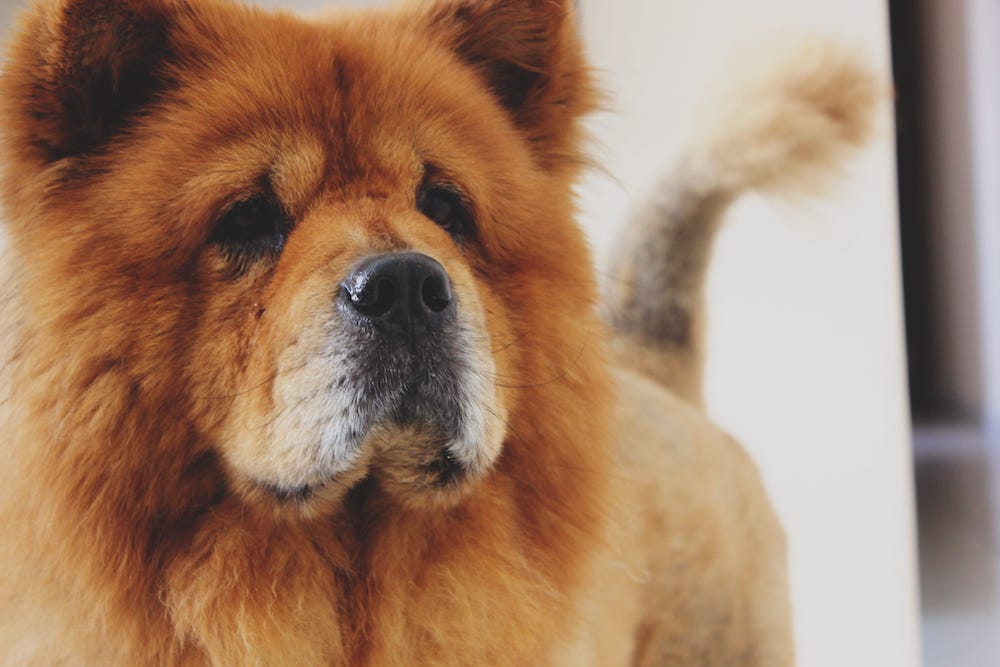
Dogs that eat a lot of dry food, particularly if it is low-quality kibble, may not be getting all the digestive enzymes they need. These enzymes are an important part of absorbing the nutrients in a meal, and if your pooch doesn’t get enough enzymes, they will poop out some of these undigested nutrients. Then they’ll tuck back in for round two (we hope you’re not eating while reading this!).
In extreme cases, your tail-wagger may have an underlying condition such as worms, parasites, pancreatic insufficiency, diabetes or thyroid disease, which could be causing an increased appetite or lack of nutrient absorption. This will require immediate veterinary attention. There’s an easy rule of thumb in the dog world: the higher quality the food, the less your dog will need to eat, and the less that comes out the other end. You might want to take a look at our Houndztooth dog treats range. They are made with the highest quality ingredients, carefully sourced from sustainable, Australian-based suppliers.
2/ Behavioural reasons
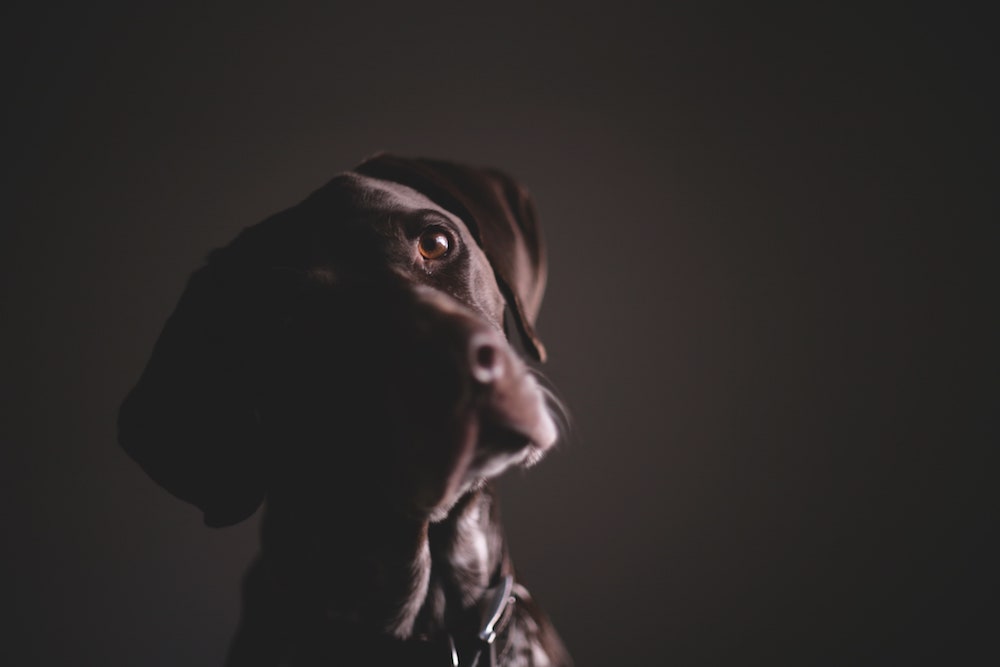
As much as you may not want to admit it, your dog might just be choosing to eat poo. This could be because it’s normally fed near faeces, so they associate the smell with eating. They’re bored and attention-seeking, or perhaps your furry little friend is trying to ‘hide the evidence’ after getting in trouble for pooing somewhere they shouldn’t have in the past. Rescue dogs who have suffered from trauma or anxiety in the past may have also developed this habit, particularly those that have lived in a stressful environment.
Dog mums (not human mums) will also often eat her puppy’s poo, so young pups may learn this behaviour through observation. If your pooch doesn’t grow out of it, try and remove the poo as fast as possible so they don’t have the opportunity to eat it. Alternatively, you can add a spoonful of pumpkin to your pup’s food. This tastes yummy when eaten, but not so much in poo. Don’t punish your dog for eating its poo, but rather, try to prevent it from happening. Reward them when they go to the toilet in the right place – and don’t eat it.
3/ Underfeeding and scavenging
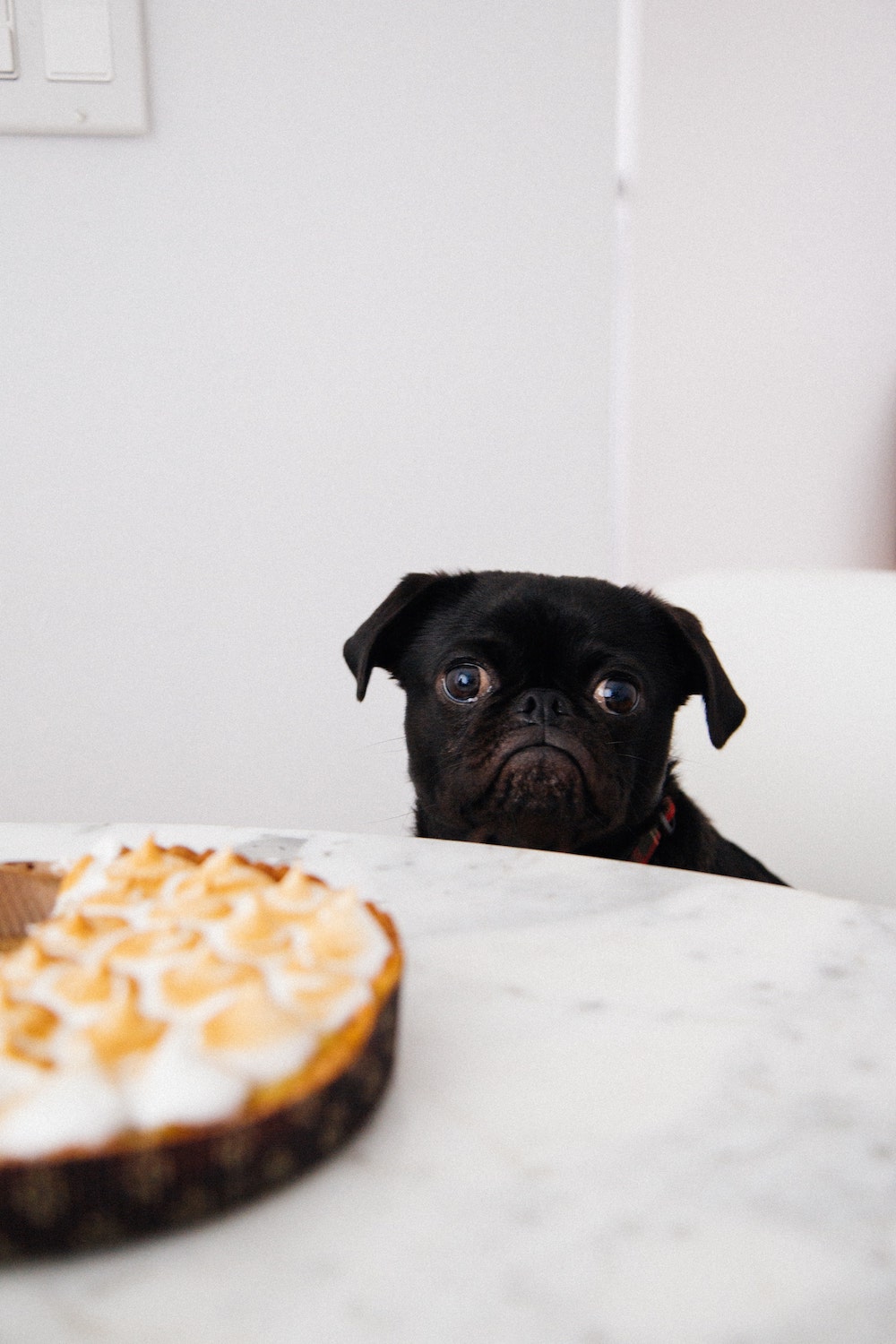
Your hound’s wild ancestors commonly fed on the waste of other animals, and unfortunately, this behaviour wasn’t banished to history. If your buddy isn’t getting enough haute cuisine, it might turn to other sources. Likewise, if you live in a two-dog household and one dominates the other, the submissive dog will sometimes eat the dominant one’s poo as a sign of submission. If it makes you feel better, some studies have found that up to one in four dogs eat poo, and it’s more common in female dogs (sorry, ladies!).
If you are concerned about your dog eating its poo, seek veterinary attention. It’s better to be safe than sorry when it comes to our furry friends!

